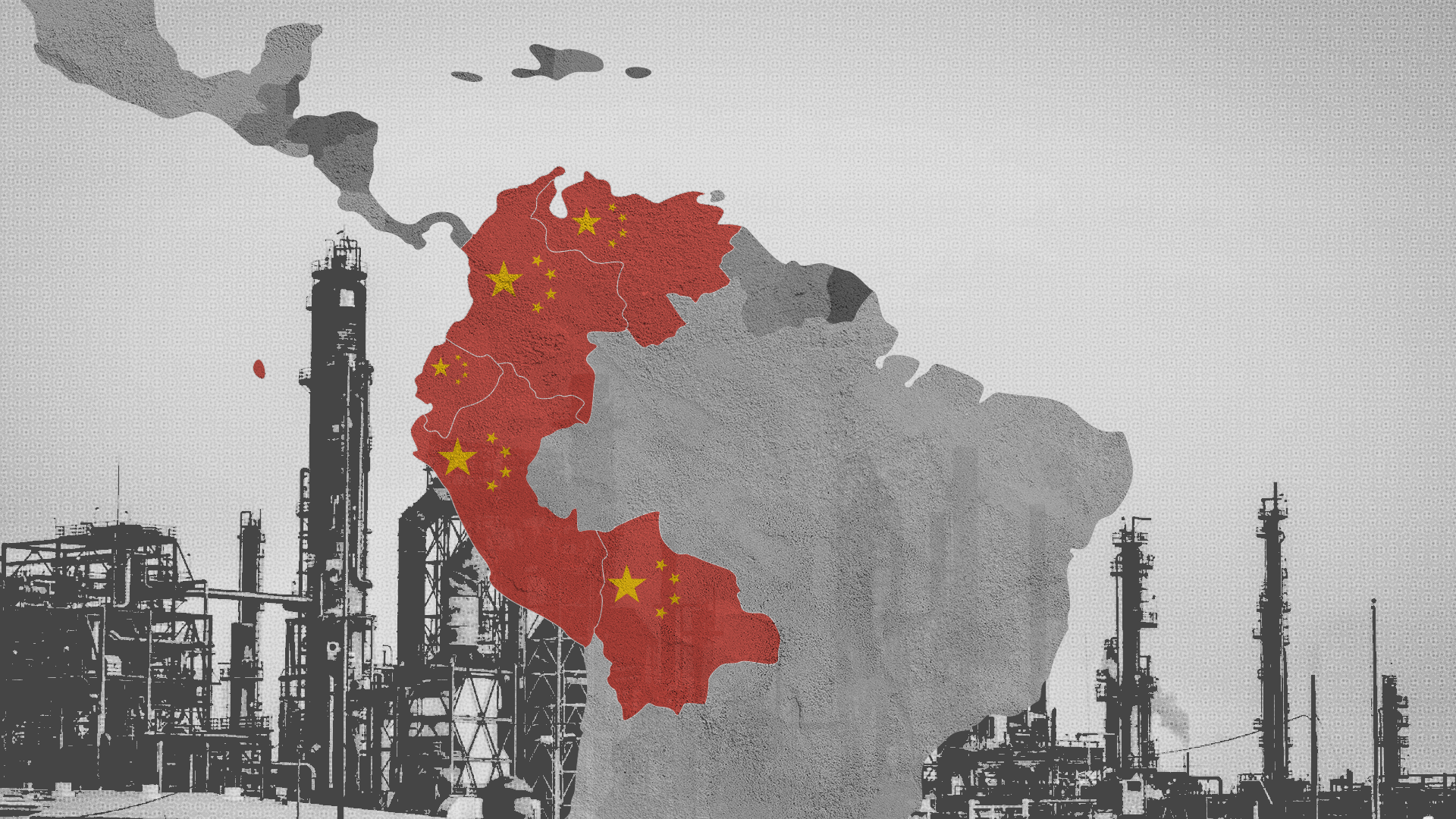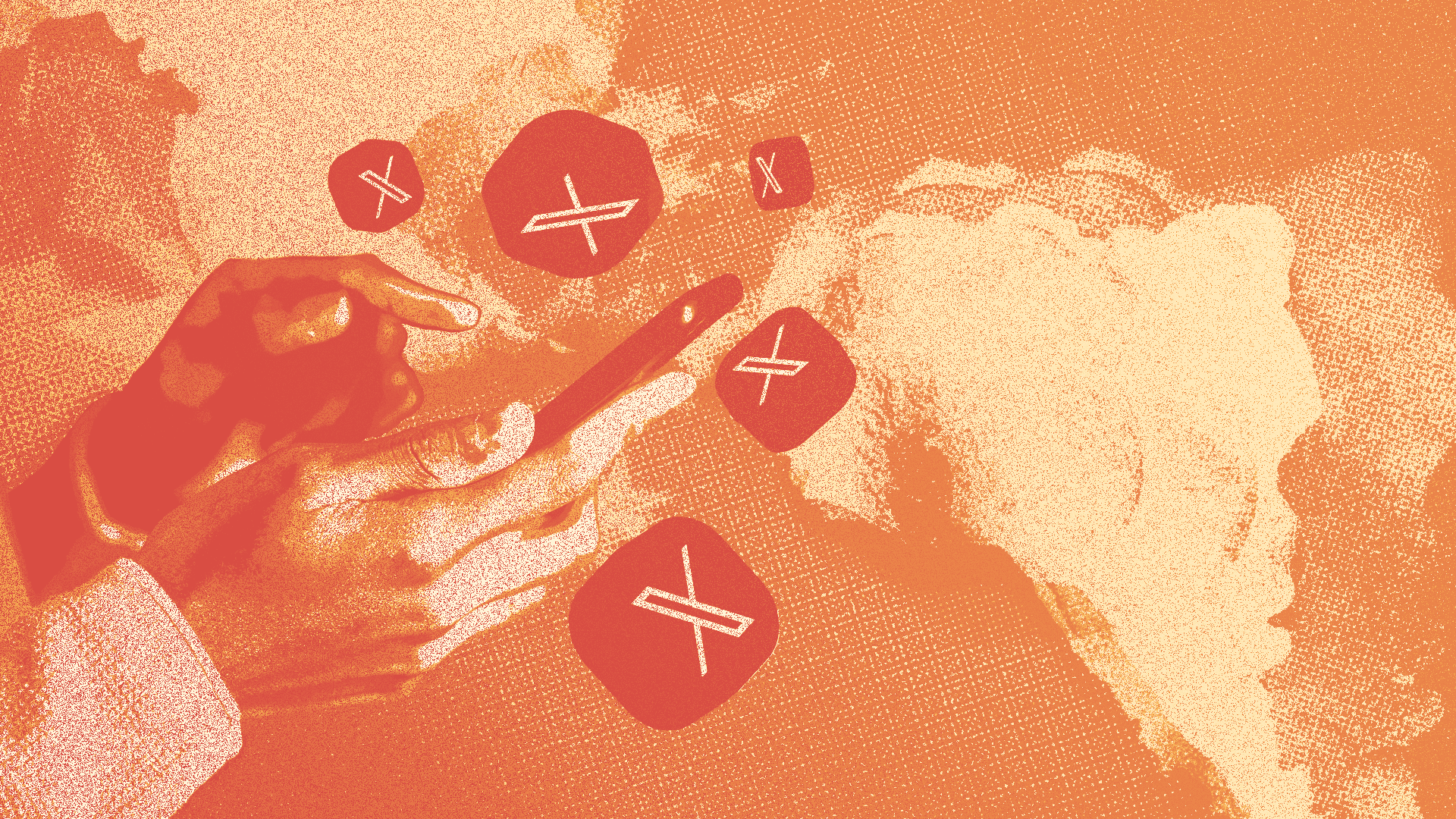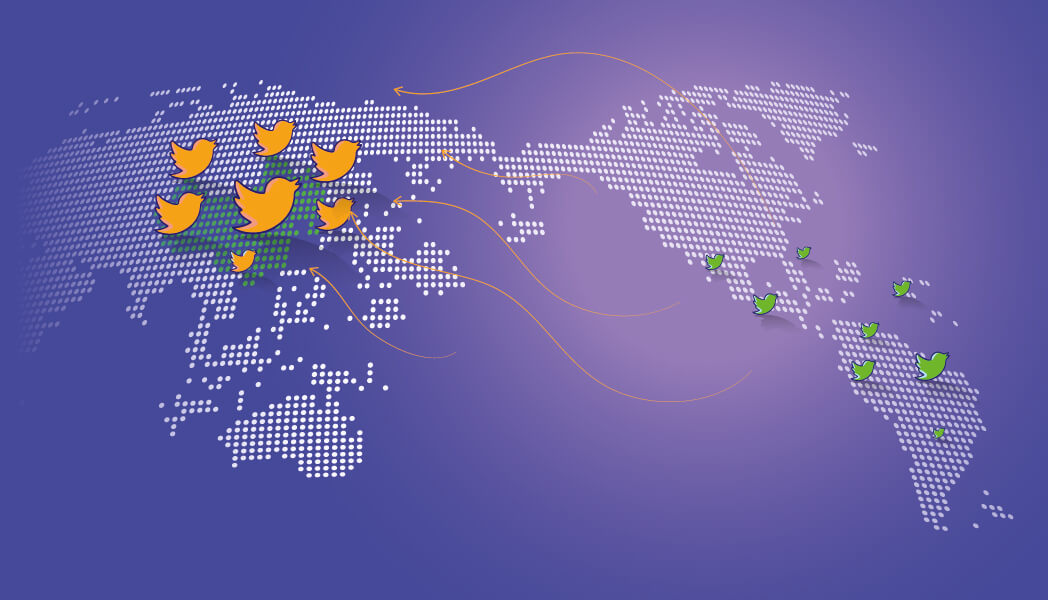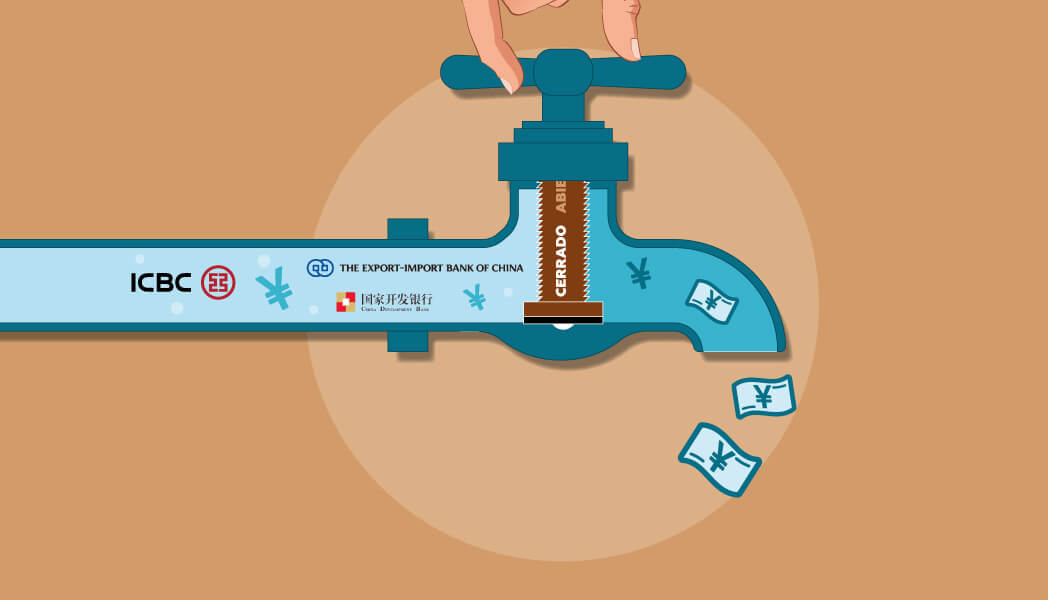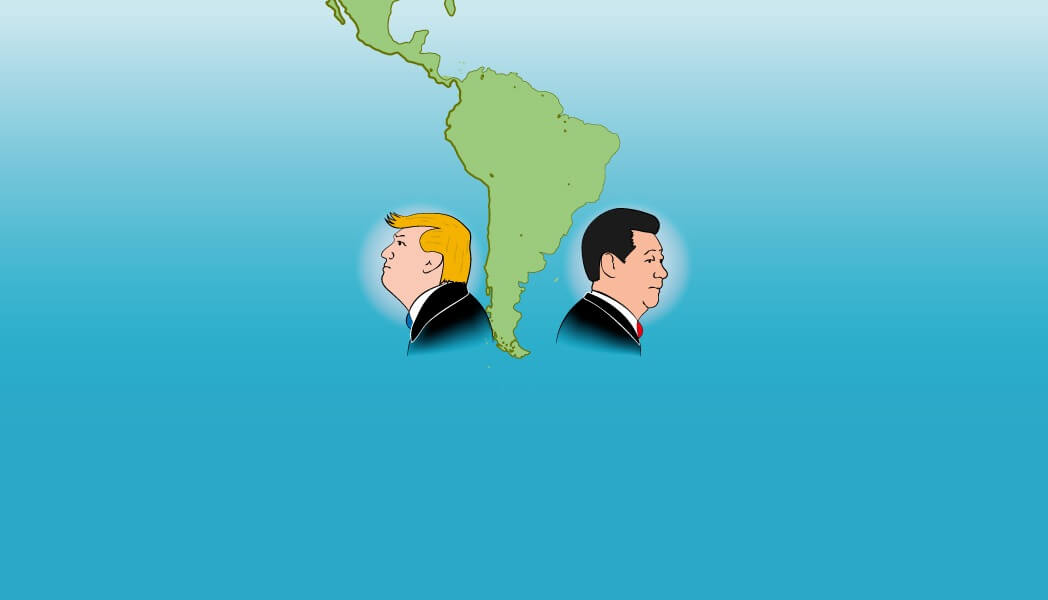Category: Research
In this space we offer a series of articles and papers that critically address the relationship between the People’s Republic of China and the countries of Latin America and the Caribbean. Herein, readers will find academic research, analytical essays and databases developed by Latin American experts dedicated to the study of this relationship. Our content is developed by the research group of the Andrés Bello Foundation, as well as by academics, researchers, and professionals from diverse Latin American institutions.

